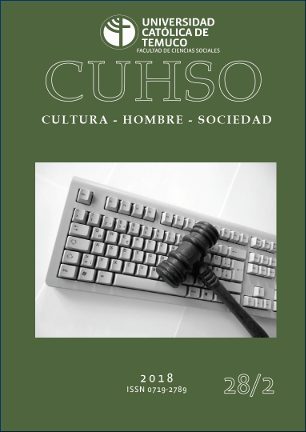Abstract
This work is part of a UBACyT project that aims to study the transformations in semiotic systems of political practices in Argentina post 2001.
We believe that the use of new platforms for the distribution of information and the interaction between public institutions and citizens has given rise to modifications that affect both the functioning of institutions and the constitution of citizenship. Although these changes have been studied from other social sciences, the focus has not been made on changes in linguistic use from a discursive perspective. In particular, we are interested in investigating the communicational practices of government institutions, that we will call institutional discourse as other authors do (Agar, 1985, Wodak, 1997, Iedema, 1998).
We hold that Discourse Analysis allows us to access the contents of social representations (Raiter, 2016) and to observe the discursive changes and the struggle for the accentuation of the signs (Voloshinov, 2009). We are particularly interested in studying how changes in texts and discursive practices can anticipate changes in the classification of sectors of society and in social practices (Fairclough, 1992).
Our corpus of analysis consists in the home page of websites that depend on the Argentine Government and the Government of the City of Buenos Aires, respectively, which present public policies that call for "participation" of citizenship through digital platforms.

This work is licensed under a Creative Commons Attribution-NonCommercial-ShareAlike 4.0 International License.
Copyright (c) 2022 Maite Martínez Romagosa, Gilda Lucía Zukerfeld

